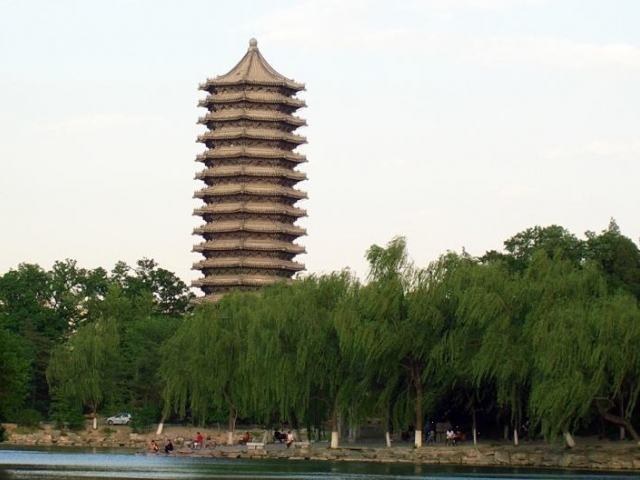
The higher educational institutions of most developing countries can give their students excellent education. Some of these universities are not inferior in quality to Western ones. The first place in this category goes to Peking University which is one of the oldest and largest universities in China. It consists of 30 colleges and has 12 faculties. The university is the basis of 216 research institutes. It also goes the first in number of professors, students and academicians of Chinese Academy of Sciences and Academy of engineering sciences.
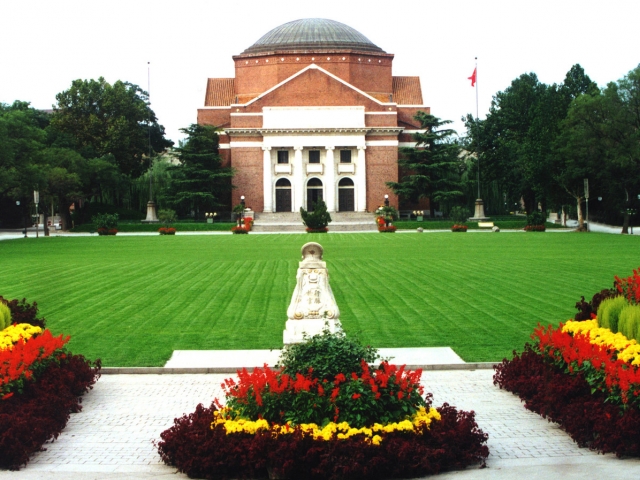
The second place in this ranking belongs to Tsinghua university. It is the one of the leading universities in China and part of the nine elite universities in the country (C9 League). Among university graduates there are a lot of prominent scientists, artists and politicians. The current leader of China Xi Jinping studied there.
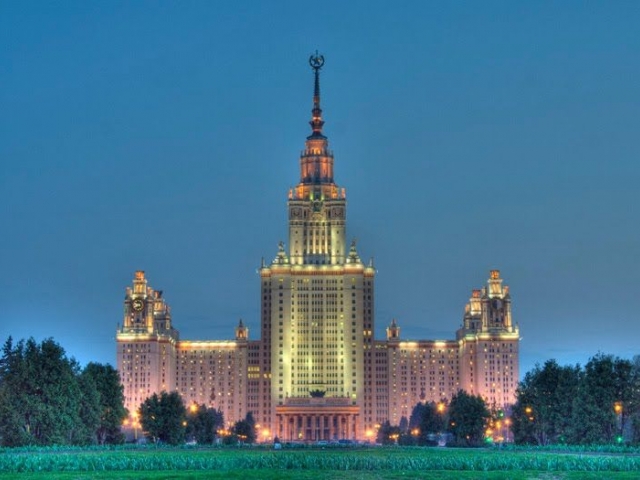
The third place among the best higher educational institutions of emerging markets countries goes Lomonosov Moscow State University (MSU). he university is considered one of the oldest universities in Russia. MSU includes 15 research institutes, 43 faculties, more than 300 departments and 6 branches, 5 of which are located in the CIS countries.
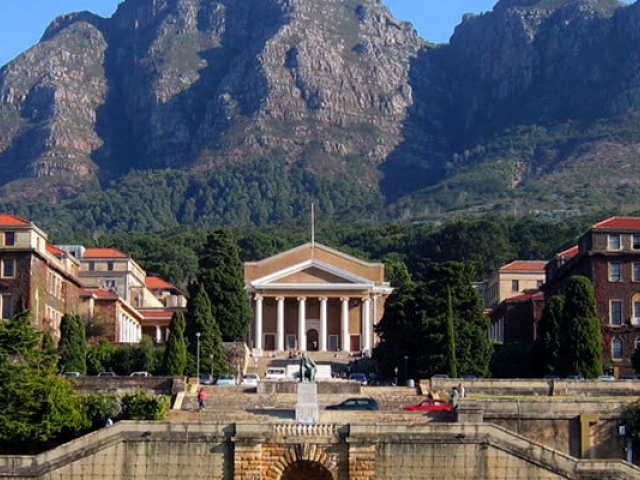
University of Cape Town is the fourth in our list. It is one of the leading higher educational institutions of South Africa. In the middle of the last century, the university was one of the centers of liberal opposition to the apartheid system.
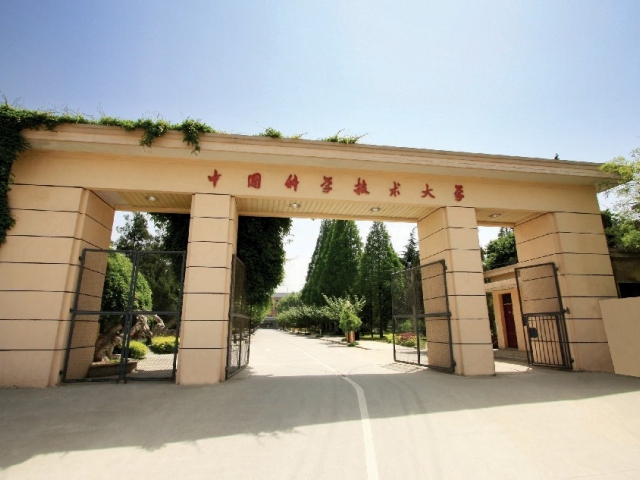
The fifth place in the ranking of the most advanced universities in developing countries goes to Scientific and Technical University of China. The university includes 9 schools, 23 departments, a special class for gifted students and experimental class, the School of Management, IT school and other educational institutions. The university has four campuses: East, South, West and North Campus, as well as an extensive library with more than 1,73 million books.
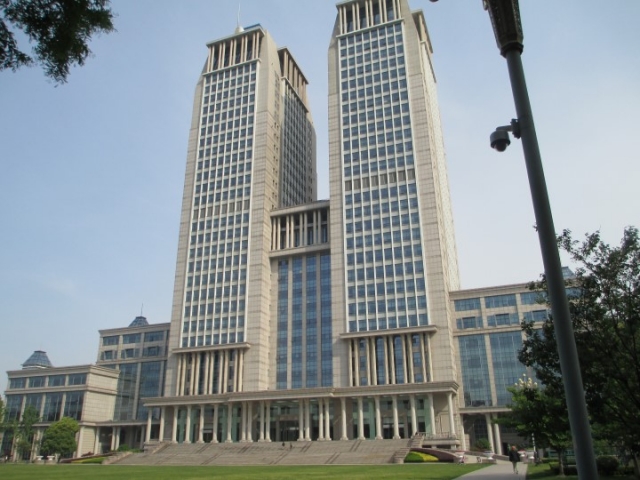
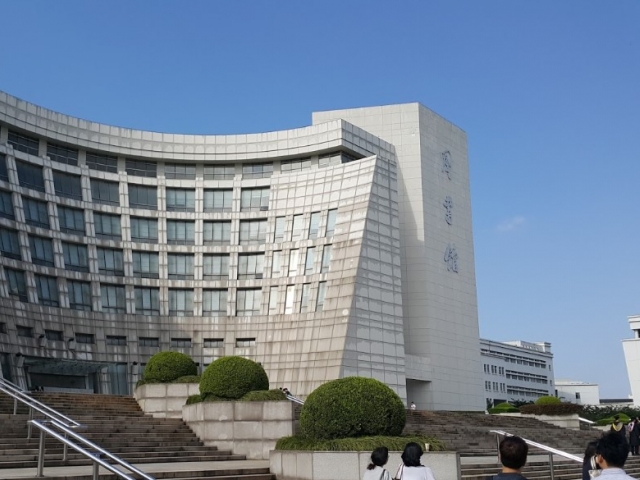
The seventh place is taken by Shanghai University which is considered one of the best state research universities in China. It annually publishes the Academic Ranking of World Universities. This institution has five campuses located in areas of Xuhui, Minhang, Luwan District, Ciba and Fahua.
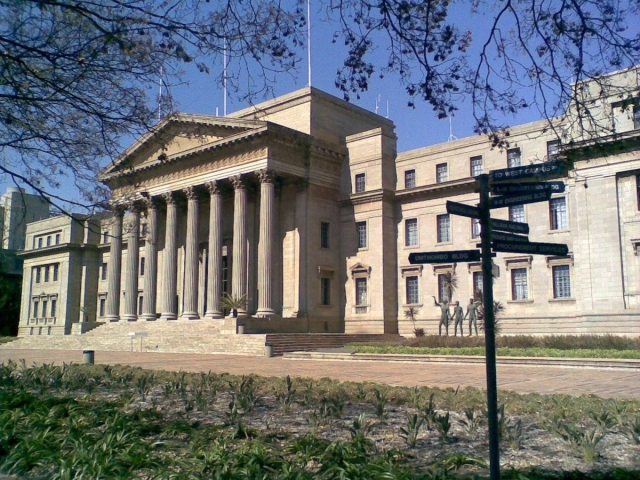
The eighth line in the list of best universities in developing countries goes to University of Witwatersrand in South Africa. During the years of apartheid, the university administration actively protested against this policy. Complete abolition of the racial restrictions on admission to the university took place in the late 1980s, several years before the official order.
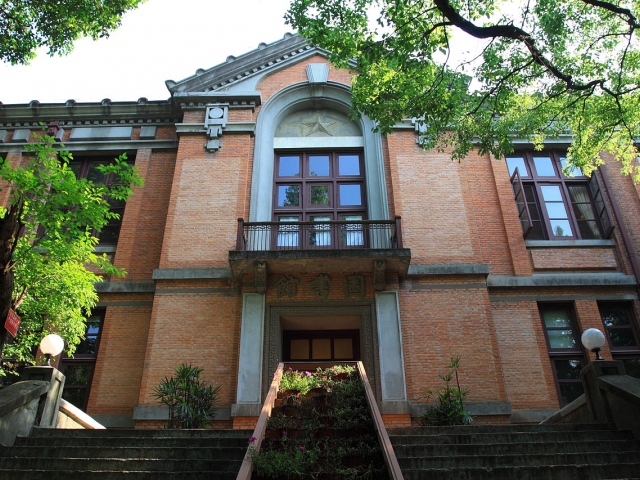
Zhejiang University is the ninth in our ranking. It is a large state university of Chine with a rich history. Education is carried out in 11 directions: philosophy, economics, law, education, literature, history, Confucianism, engineering, agriculture, medicine and management. The university includes 24 colleges, 14 national laboratories and 5 research centers of engineering. Number of full-time students is up to 40,000.
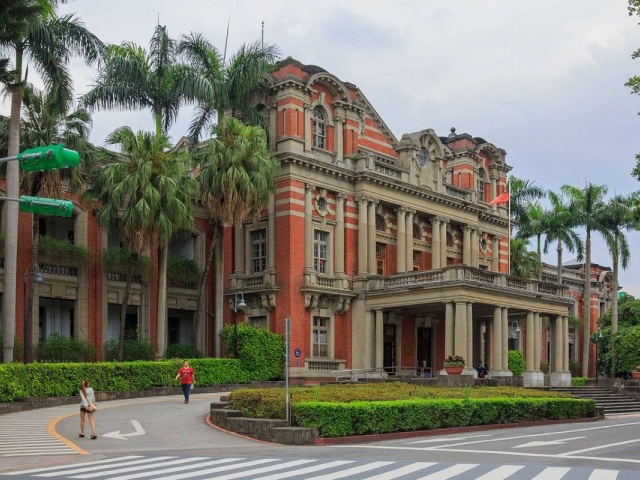
The tenth most prestigious university in developing countries is National Taiwan University which includes 11 colleges and 4 research centers. The university graduated many well-known scientists including the Nobel Prize in Chemistry for 1986 Yuan T. Lee and three elected presidents of Taiwan: Lee Teng-hui, Chen Shui-bian and Ma Ying-jeou.
 Deutsch
Deutsch 
 Русский
Русский English
English Bahasa Indonesia
Bahasa Indonesia Bahasa Malay
Bahasa Malay ไทย
ไทย Español
Español Български
Български Français
Français Tiếng Việt
Tiếng Việt 中文
中文 বাংলা
বাংলা हिन्दी
हिन्दी Čeština
Čeština Українська
Українська Română
Română
